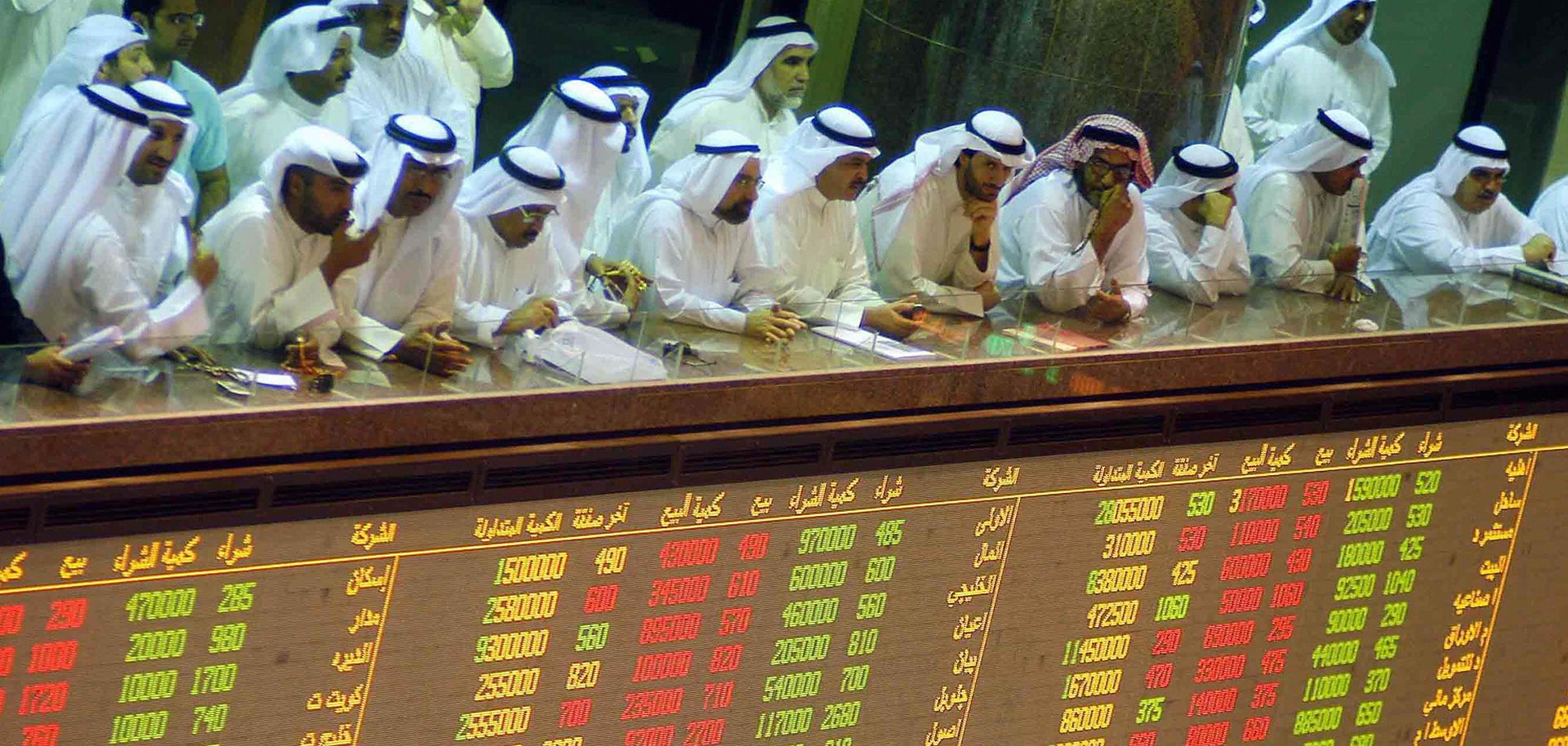Kuwait stands apart from the rest of the Gulf Cooperation Council (GCC). The country boasts tremendous oil wealth and a higher per capita production rate than even Saudi Arabia, the world's largest oil producer. This has enabled it to amass financial reserves only slightly smaller than Riyadh's holdings, though its population size, at just under 4 million, is a mere fraction of the kingdom's. Kuwait is also by far the GCC's most politically open member (as well as one of its most socially conservative). The country's relatively powerful parliament offers a public forum for debate on a range of issues, and members routinely put Cabinet ministers through their paces. On top of these distinctions, the relationship between Kuwait's ruling al-Sabah family and its Shiite community, which makes up between 30 and 35 percent of the population, sets the nation apart from its peers in the GCC. Kuwaiti Shiites have proved...

